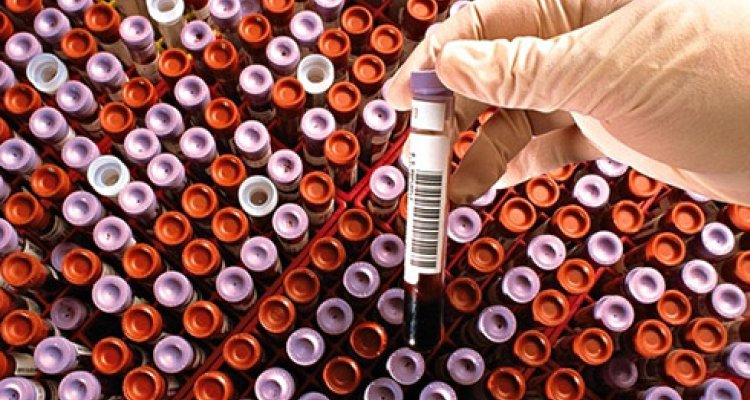
Project
Ethics of preventing infections in transfusion blood
The Philosophy group collaborates with the Netherlands blood services organization, Sanquin, to explore ethical issues in relation to blood safety.
An ethical analysis of moral responsibility and fairness in public health
Donor blood is screened for infectious agents to protect recipients against harmful infections. However, some screening measures may cost more than € 1,000,000 per life year gained.
There may be good reasons for aiming at very high safety levels in blood transfusion, but what costs are justified in times where public health care faces clear limits and basic health services are rationed? This question requires a better understanding of the scope of moral responsibility of blood services regarding precautions and prevention of infection via donated blood. This question is the background for several ethical substudies that aim to clarify and critically review the normative assumptions behind and arguments about current blood screening policies. Through review of arguments and concepts, taking into account the specific features of blood donation practice, this study will formulate practical criteria for deciding which tests should be included in blood donor screening. The PhD study is carried out by Koen Kramer and led by philosopher Marcel Verweij and medical microbiologist Hans Zaaijer; it is fully sponsored by Sanquin.
Recent results
PhD student Koen Kramer published his first paper in the journal 'Transfusion'. It is a review of blood safety policies and procedures in 5 Western countries, exploring what concerns are driving current policies regarding the prevention of transfusion-transmittable infections. The study focuses on general policies and on the introduction of hepatitis B virus nucleic acid testing and selected measures against variant Creutzfeldt-Jakob disease, West Nile virus, and Q-fever. Analysis of policy documents show how blood services take a variety of ethical, scientific and societal considerations into account, but decision making processes are often not as transparent as one would expect in democratic societies. The paper was picket out by the journal editors for a special commentary.
A second paper 'Donor blood screening and moral responsibility: How safe should blood be?' was recently accepted in the Journal of Medical Ethics and will be published later in 2016.